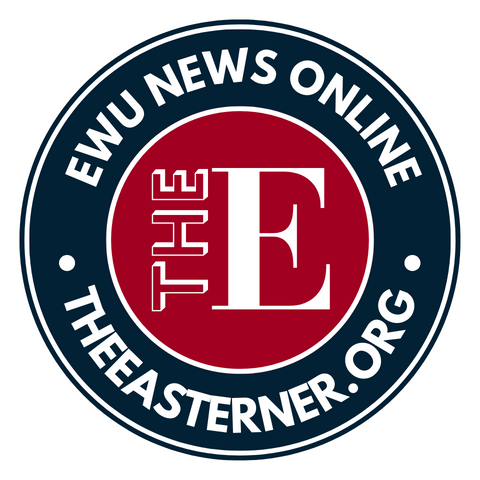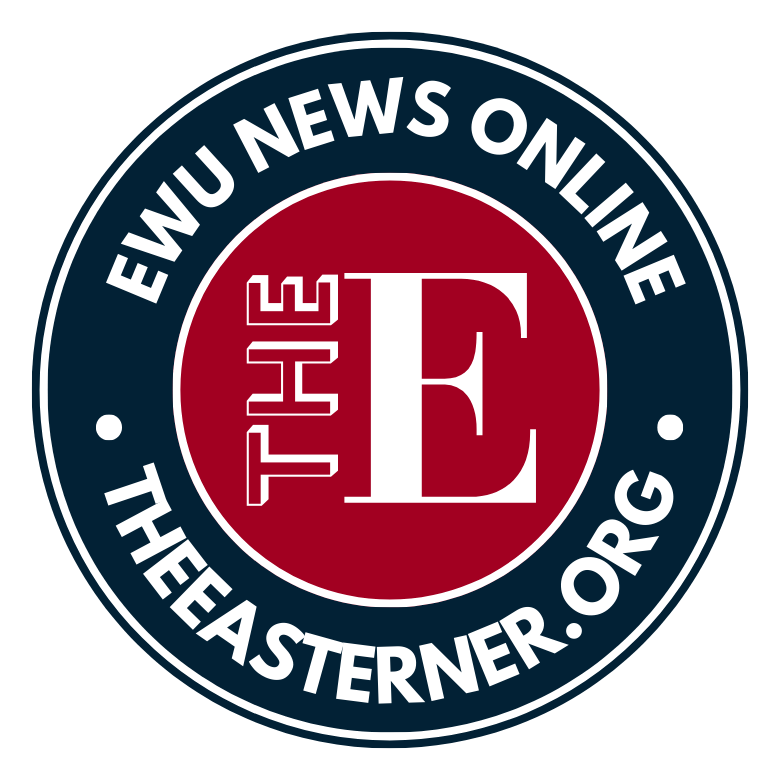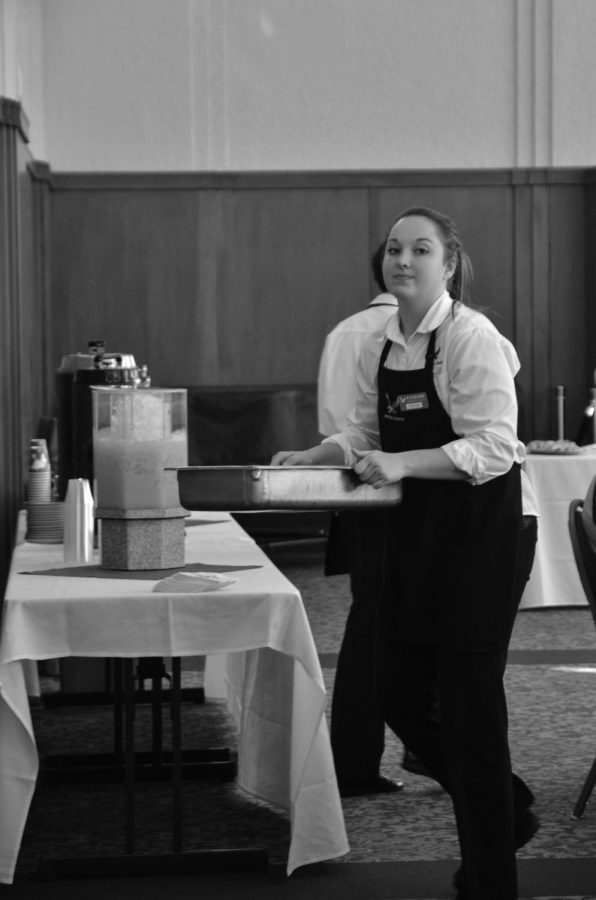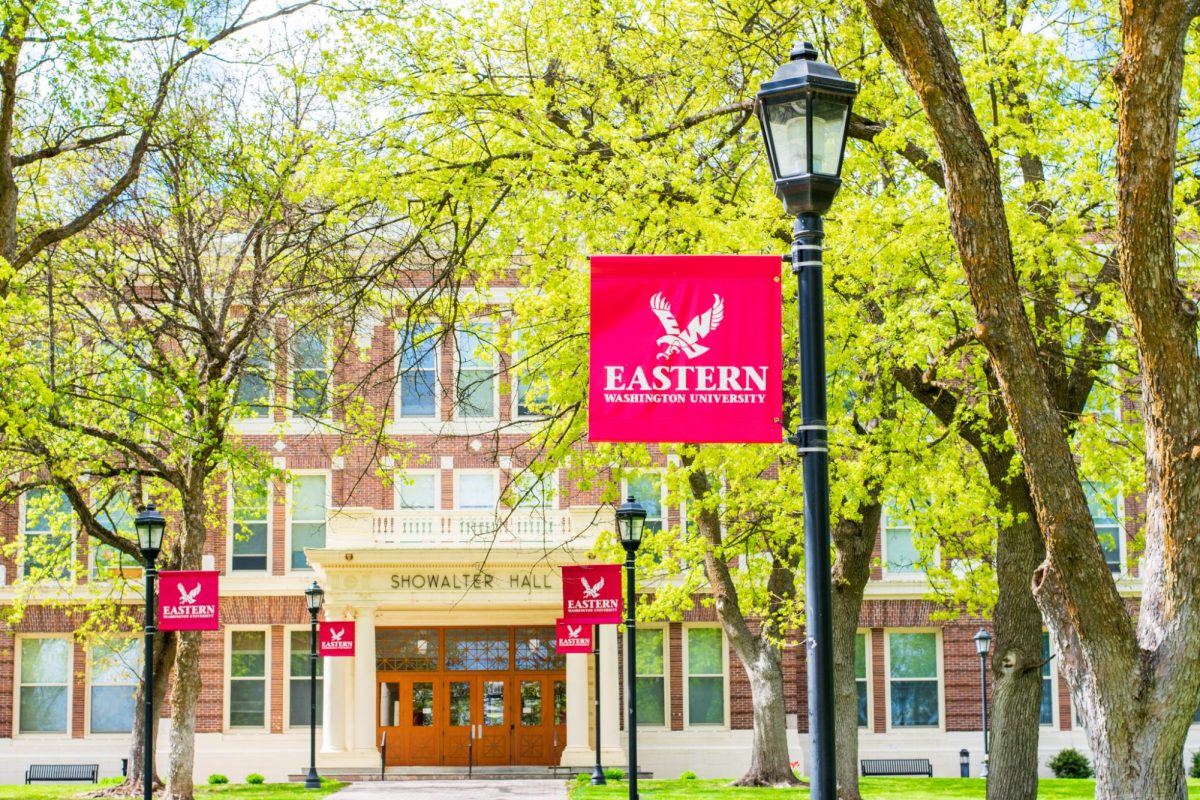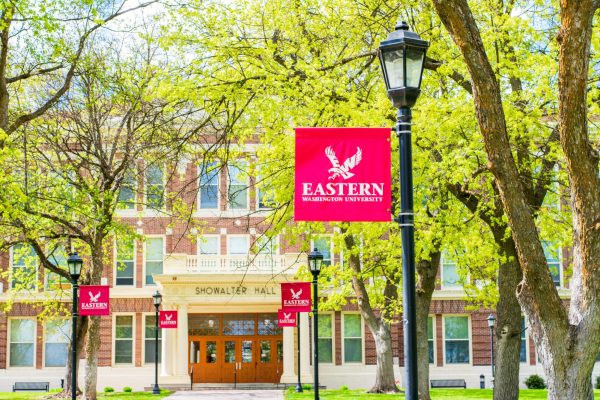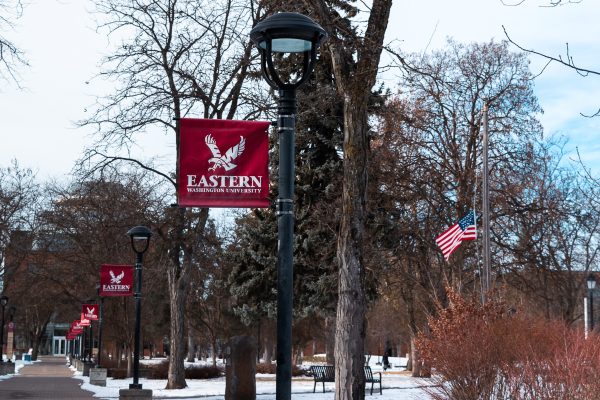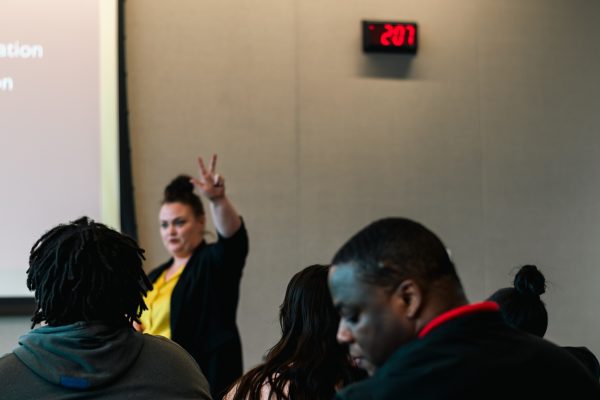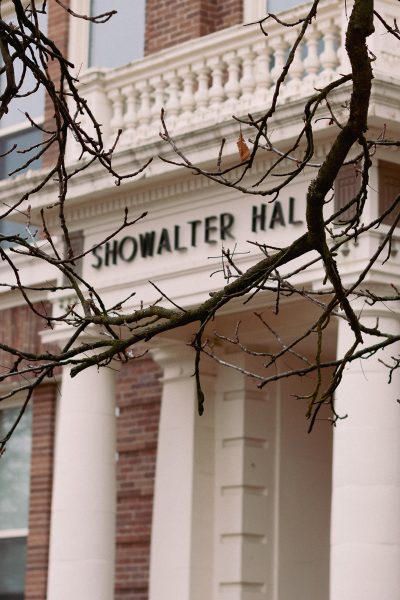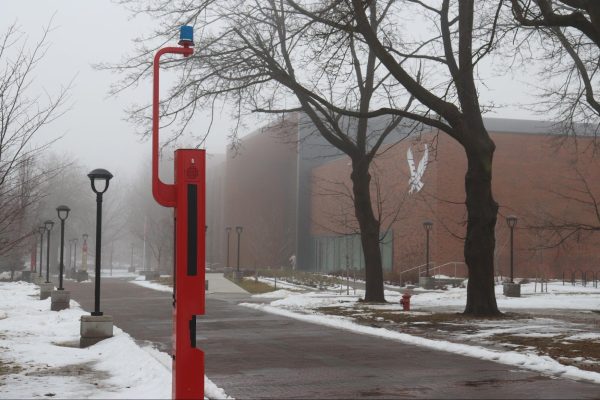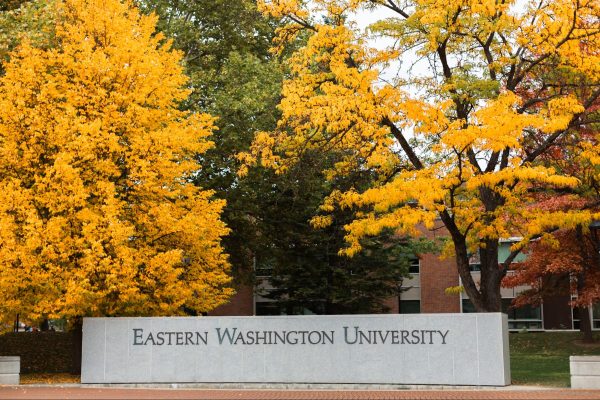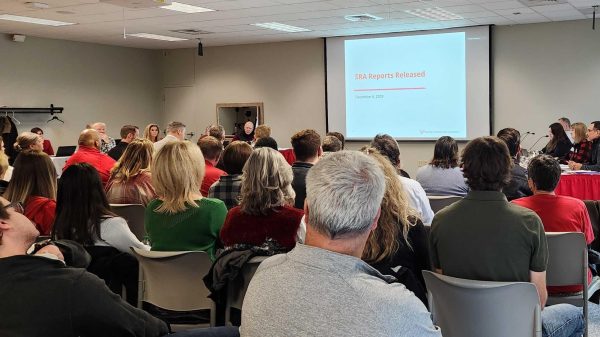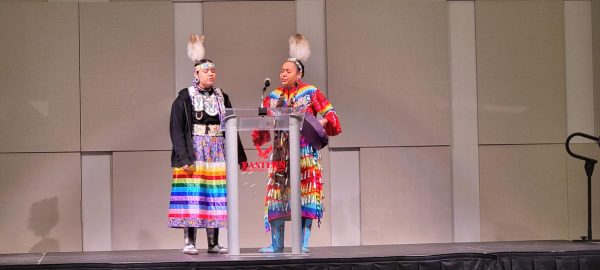Students feel both positive and negative effects of minimum wage hike
Washington state residents are either celebrating or panicking as the new year brings on another minimum wage increase.
Minimum wage has increased to $11.50 an hour in Washington. Some student employees are making more money, while others are having their hours being cut, resulting in less money per paycheck | The Easterner Archives
January 31, 2018
Washington state residents are either celebrating or panicking as the new year brings on another minimum wage increase.
Along with 17 other states, Washington is inching its way toward a $15.00 per hour standard. CNN reports that Washington’s minimum wage will bump up to $11.50 per hour, a 50 cent increase from last year.
This has brought on mixed reactions from Washingtonians, from business owners to minimum wage earners.
One side of the debate argues against the minimum wage increase. One might think that those in opposition to the increase comprise of only people who are not minimum wage earners, such as employers. Maddy Mahaffey, an EWU student employee in Tawanka, said this is not the case.
“Our hours got cut, so we’re making less money than we did before the minimum wage went up,” Mahaffey said.
Because of the wage increase, Mahaffey said, Tawanka experienced a 7 percent budget decrease, which had a substantial effect on Mahaffey’s weekly hours, dropping from 19 and a half to as low as 10 hours.
Calculated to this year’s wage, this cut equals a subtraction of $109.25 off of her weekly paycheck.
EWU lifeguard Khyler Howland, however, is a proponent of the increase. Howland said he has benefitted, especially since rent prices at Eagle Point Apartments have actually gone down since last year, when the minimum wage was lower.
“There is definitely a line to it,” said Howland. “[One must] take into effect the cost of living in the area.”
Jared Keffler, another EWU lifeguard who supports the minimum wage increase, said “Older people are having to resort to entry level jobs, which is causing a lot of people to rely on a living wage, which is minimum, and it’s just not possible.”
The New York Times reported that the average age of minimum wage workers in the US is 35, with 88 percent of minimum wage workers at least 20 years old and 50 percent at least 30 years old, not just young college students.
Some opinions lie in between, such as David Early, EWU Director of Recreation and Athletic Facilities, who was able to give an employer’s perspective.
“As a state employer, it certainly has a different effect on us than it would, say, a private or commercial employer,” Early said.
Given that much of the budget that a private employer would pay for (such as building costs) are funded by the state in a university setting, Early was optimistic about the fact that a higher minimum wage might make campus employment more attractive to college students.
“We might find ourselves with more student employees within a given pool to select from,” Early said.
For now, college students and faculty of EWU continue to ask the question, as put by Mahaffey, “Are we really making more money?”
